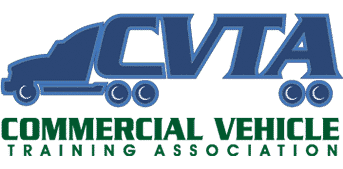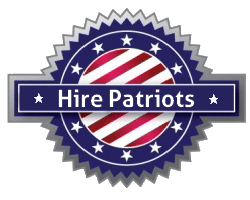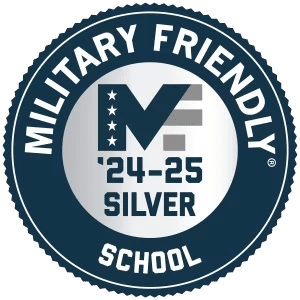The trucking industry utilizes a variety of trailer types to transport goods efficiently and effectively. Whether it’s standard freight or specialized cargo, there are different trailers designed to meet specific transportation needs.
Understanding the different trailer types is important for anyone in trucking, especially those who are looking to earn their CDL license. From moving standard freight to hazardous materials and liquid transportation, there are trailers designed to handle every type of cargo. Deciding which type of trailer you would like to haul is a critical step in determining your future as a driver.
Flatbed Trailers
Flatbed trailers are open trailers with no sides or roof, providing an easy way to load and unload cargo. They are commonly used for transporting oversized or oddly shaped items, construction materials, and machinery.
Dry Van Trailers
Dry van trailers are enclosed trailers with a roof and four sides, offering protection from the elements. These trailers are ideal for transporting dry goods, consumer goods, and non-perishable items. They are the most common type of trailer in the trucking industry because of their ease of use.
Refrigerated Trailers
Refrigerated trailers, also known as reefers, are equipped with cooling systems to maintain specific temperature conditions for perishable goods during transit. These trailers are essential for transporting temperature-sensitive items such as fresh produce, frozen foods, pharmaceuticals, and other perishable goods. Reefer trailers play a crucial role in preserving the quality and safety of the transported goods.
Hazmat Trailers
Hazardous materials require specialized trailers to ensure the safe transportation of potentially dangerous goods. These trailers are designed with safety features such as reinforced walls, secure containment systems, and emergency response equipment to mitigate potential risks associated with transporting hazardous materials. Drivers of hazardous materials also require a special endorsement.
Tank Trailers
Liquid and gas chemical transportation plays a crucial role in the trucking industry, with trailers specifically designed to transport products such as fuel, chemicals, and food-grade products. Tank trailers are available in various sizes and configurations and haul loads of different types of liquid or gas cargo. These trailers are constructed with reinforced materials and safety features to prevent leakage. Tank trailers also require an additional endorsement to drive them.
Step Deck Trailers
Step deck trailers, also known as drop deck trailers, have a lower and upper deck height that resembles a step. The lower deck design accommodates taller cargo while keeping you under the legal height limit. Step deck trailers are ideal for transporting oversized equipment, machinery, and freight that exceeds standard height limits.
Lowboy Trailers
Lowboy trailers are specifically designed to transport extremely heavy and oversized cargo such as industrial machinery, large equipment, and oversized vehicles.These trailers have a low deck height and are capable of hauling tall and heavy freight. Anything that cannot fit on a flatbed or step deck trailer would be transported by a lowboy. Their unique construction allows for easy loading and unloading of tall equipment at the terminal or job site.
Intermodal Containers
Intermodal containers are standardized containers that can be transferred between different modes of transportation, including trucks, trains, and ships. These containers have revolutionized global trade and logistics by providing a versatile and efficient means of transporting a wide range of goods. Intermodal container trailers are crucial for international shipping and logistics operations.
Double and Triple Trailers
Double and triple trailers require a special driver endorsement but are not a specific trailer type. They are a truck and trailer configuration that includes either two or three trailers connected together and pulled by a single tractor trailer. They are commonly used in the trucking industry to increase the volume of goods that can be transported in a single trip. These types of trailers are popular for transporting lightweight, non-perishable goods over long distances.
At Phoenix Truck Driving Institute all of our instructors are experienced truck drivers and have a deep understanding of the types of trailers and how this affects what you haul as a driver.
Understanding the different types of trailers used in the trucking industry is essential for a career in truck driving. Each trailer type offers unique capabilities and is suitable for specific types of cargo, allowing for efficient and secure transportation of goods. Whether it’s transporting standard freight, hazardous materials, or liquid cargo, there is a specialized trailer designed to meet each specific need. Understanding the capabilities and limitations of each trailer type is essential for ensuring the safe and efficient transportation of goods within the trucking industry.
Contact us today to learn how we can help you become a professional trucker.





